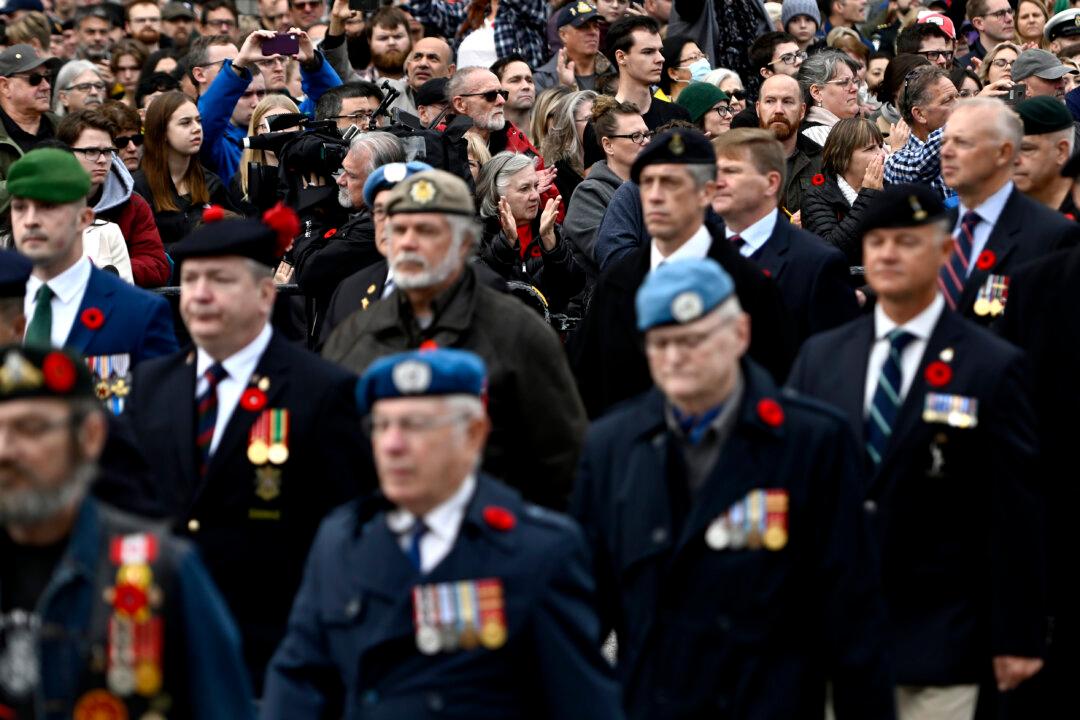Canadians about to attend Remembrance Day ceremonies across the country could come across different proceedings from what they’re used to, as the military has told its chaplain service that religious prayers in official public functions are now forbidden.
“While the dimension of prayer may occupy a significant place for some of our members, we do not all pray in the same way; for some, prayer does not play a role in their lives,” says the Oct. 11 directive obtained by The Epoch Times.





